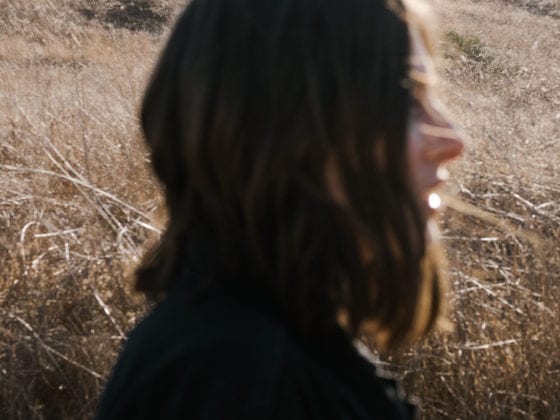As tensions surrounding racial injustice rose and the long-standing biases within American society were exposed throughout 2020, I have found myself learning how white supremacy structures are intrinsically woven into the fabric of our country.
Up until now, I have not needed to face these realities because I am a white woman. That truth saddens me. It also spurs me on to have conversations with friends and family who have also been unaware or who do not agree with my point of view. My desire for a just society coupled with the knowledge of injustices that my friends of different ethnicities and backgrounds face every day make me want to shout.
My desire for a just society coupled with the knowledge of injustices that my friends of different ethnicities and backgrounds face every day make me want to shout.
Psychoanalyst Karen Horney talks about three relational styles in her theory “Psychoanalytic Social Theory: Move Toward, Move Against, Move Away.” To my own dismay, in these new conversations I’ve found myself engaging in regarding racism in America, I immediately want to “move against.” More important than the “why” behind my behavior, is the truth that someone moving against you in a delicate conversation is rarely inviting.
I have been considering other ways I can relate in these conversations and learn to move past the immediate tension to true dialogue.
1. Kindness toward myself
I move against because I am intrinsically an advocate for anyone oppressed, not because I want to fight.
2. A refusal to bow to contempt
I may heartily disagree with another person but that does not change that individual’s worthiness, nor should it change my treatment of them. The weight of my refusal to move to contempt is a war in my internal world. I can easily show that on the outside, but can I live with integrity on the inside?
3. Powerful curiosity
The only way I have found to accomplish No. 2 is to be wildly curious about another person’s story.
4. The willingness to assume the role of the student
Certainly other human beings always have something to teach me, whether that is my 19-year-old son or a barista at the local coffee shop.
5. A different opinion or political affiliation, is only one part of a person
I cannot overlay one issue over the entirety of another human.
6. A settled body
The shout that rises in me does not convey curiosity. If I notice myself becoming anxious or losing my sense of grounding, it is best for me to ask for a pause until my body can regulate.
This list sounds easy, but I have found that staying in uncomfortable conversations and practicing these strategies is exhausting. That may speak to my resiliency or lack thereof in this realm. That is OK. I cannot be further along in my journey than I am. So I will embrace where I am today—leaning, growing and engaging in the conversation.
Any difficult dialogue is a chance to practice our ability to navigate conversations without shrinking (move toward), leaving (moving away) or blowing things up (moving against). Our world is full of animosity, and I want to be a person who creates pathways of dialogue to make space for understanding.
How have you chosen to show up for hard conversations in 2020? What did you learn by choosing to engage and learn from people whose experiences are different from your own?
Image via Ben Cope, Darling Issue No. 19










